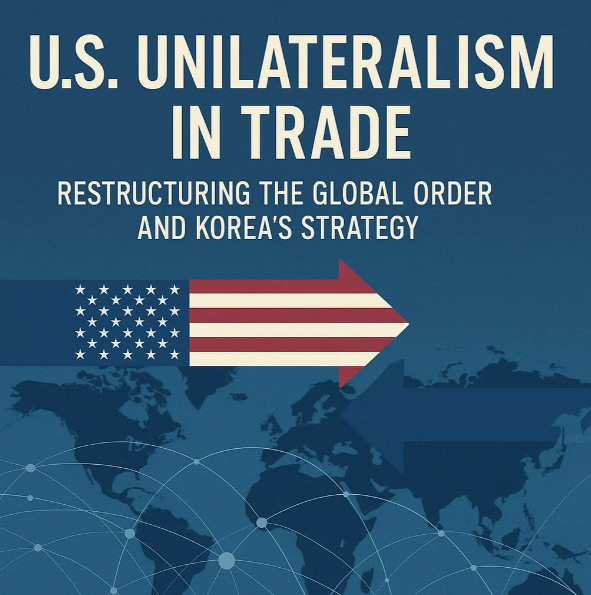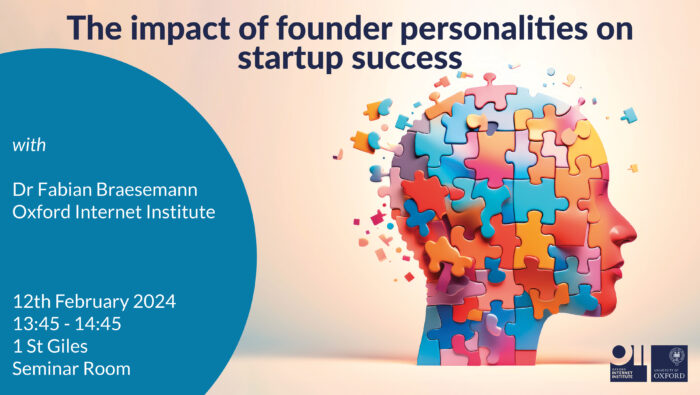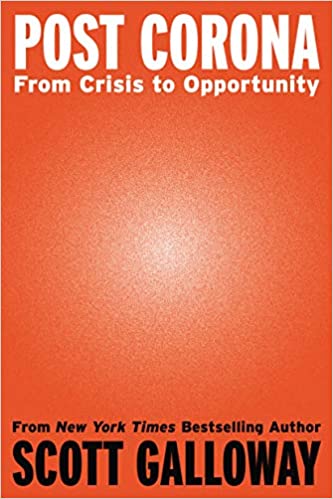





| ������ �Ͻ�Ӹ� | [634,238]�� ���� | |
|---|---|---|
| �ؿܼ� ������ | [0]�� ���� | |
| �۷ι� Ʈ���� | [2]�� ���� | |
| �̵�� �긮�ν� | [582]�� ���� |
 [36]��
[36]�� 
 |
[GT] 다년생 쌀의 지속적 생산성과 | |
| 인류가 쌀농사를 시작한 지 약 9,000년 만에, 이 농사가 갑자기 생산성 면에서 큰 도약을 이루고 있다. ‘네이처 서스테인어빌러티(Nature Sustainability)’ 저널에 발표된 새로운 연구에 따르면, 중국 남부와 아프리카 우간다에서 다년생 쌀 재배를 시도한 농경학적, 경제적, 환경적 결과의 연대순 기록을 보여주고 있다. | ||
 |
미국 일방주의 시대의 무역, 세계 질 | |
| 2016년 이후 미국의 통상정책 기조는 급속히 바뀌기 시작했고, "아메리칸 퍼스트(America First)"를 기치로 한 일방주의적(unilateralist) 전략이 전면에 등장했다. 이는 단지 일시적인 정치 구호가 아니라, 글로벌 경제 지형 자체를 근본적으로 흔드는 구조적 변화를 일으키고 있다. | ||
 |
Power and Prediction | |
| ���� | Ajay Agrawal 외 | ||
| ���ǻ� | Harvard Business Review Press | ||
 |
[RH] 창업자의 성격이 스타트업 성 | |
| 새로운 연구에 따르면 스타트업 성공에 있어 창업자의 성격(founder’s personality) 혹은 창업 팀의 결합된 성격(the combined personalities of the founding team)이 가장 중요하다는 사실이 밝혀졌다. | ||
 |
Post Corona: From Cr | |
| ���� | Scott Galloway | ||
| ���ǻ� | Portfolio | ||